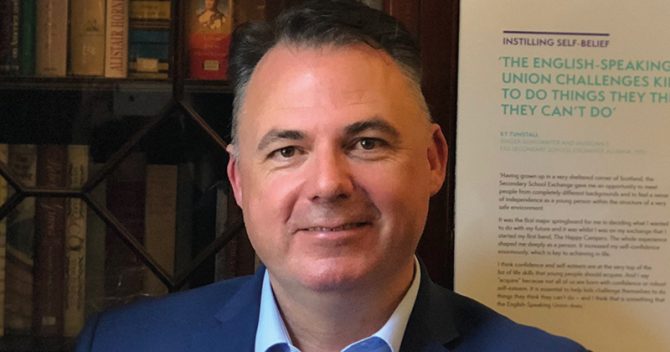The skills minister stands accused of issuing misleading information about the new level 3 adult offer after FE Week analysis found the majority are too small to be classed as full level 3 qualifications.
Of the 387 courses included in the scheme for 24-year-old learners and above, 207 (53 per cent) are not in the existing 19-to-23 adult entitlement and are therefore not defined by the Department for Education as “full”.
And of all the courses, 136 (35 per cent) are below an indicative 360 guided learning hours, according to the government’s database of qualifications.
The “diploma in probation practice” from SFJ Awards for the public services sector is the smallest qualification, with just 60 guided learning hours, followed by the “certificate in understanding substance misuse” course offered by TQUK for the health and social care sector, which has 65 hours.
Another qualification for health and social care, the “certificate in peer support worker – theory and practice”, offered by OCN NI, is the third smallest, with 85 guided learning hours.
Despite this, the DfE has repeatedly said the policy will enable eligible adults to achieve “their first full level 3 qualification” since prime minister Boris Johnson announced it last September.
In answer to multiple parliamentary questions, skills minister Gillian Keegan says the offer involves “fully funding adults’ first full level 3 qualification”.
And the DfE’s webpage for the National Skills Fund, which will fund the new offer, says it will allow adults to “achieve their first full level 3 qualification”.
Tom Bewick, chief executive of the Federation of Awarding Bodies, described this as “manifestly misleading”, considering more than half of the qualifications are not full level 3s.

He said ministers “should know better” and added that if his members were communicating in this way they would “have the chief regulators’ across the UK come down on them like a ton of bricks”.
The DfE refused to comment on the claim that Keegan’s and their own communication about this offer is misleading but did defend the inclusion of the 180 short courses that do not meet their “full” test.
“What matters the most is how this offer will help more adults to get ahead in the workplace or get a new job,” a spokesperson said.
“All of the vocational and technical courses on offer have been identified as ones that can help adults progress in the labour market, regardless of whether they are included in the 19-to-23 legal entitlement and technically labelled a full level 3 or not.”
They added that further information for providers will be set out in “due course”, including details about how learners might be able to access a number of the shorter qualifications “without exhausting their eligibility”.
The new level 3 adult offer is set to roll out in just two weeks’ time. This is the first draft of the list, which is expected to expand over time as the government allows mayoral combined authorities and awarding bodies to make requests for other qualifications to be added.
It builds on a similar policy that has been in place since 2013 which allows adults up to the age of 23 to be fully funded for their first full-level 3 qualification from the adult education budget. Those aged 24 and over have since had to take out an advanced learner loan to pay for the course.
The current entitlement for those aged 23 and below spans 1,178 qualifications which are all classed as “full” level 3 courses.
FE Week’s analysis shows that 180 (15 per cent) of them are being used in the new level 3 adult offer. The DfE has said the 207 shorter qualifications included in the new level 3 adult offer but which are not in the existing entitlement will be made available for 19-to-23 learners.
‘Too much’ about the level 3 adult offer has ‘been about spin than substance’
The new policy has been controversial since its announcement. FE Week was first to reveal that key economic sectors such as hospitality, tourism and media have been excluded as they were deemed a low priority with low wages.
Employers have since branded the process for adding qualifications to the list “bureaucratic” and “frustrating”.
Independent training providers have meanwhile been given just a four-month window to start and complete the courses through the offer, while colleges have warned of a slow start owing to a lack of detail from the DfE and strict eligibility rules.
Bewick said that from the very start, “too much about the lifetime skills guarantee has been more about spin than substance”.
“It’s time to drop the propaganda slogans and adopt a more realistic approach about who and what this offer is for,” he told FE Week.
“If they [the DfE] trusted learners and the sector more, we wouldn’t need such a restrictive and nonsensical list. We’d give adults real entitlements to learning and let them decide. Instead, we have this bizarre situation where Whitehall is trying to second guess what the post-Covid labour market will do.”









Your thoughts